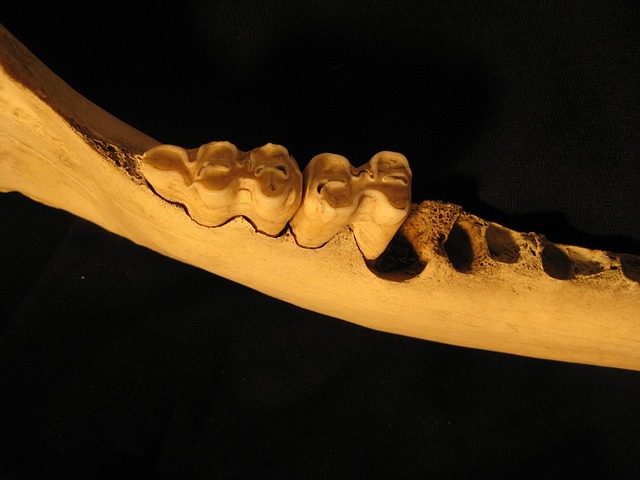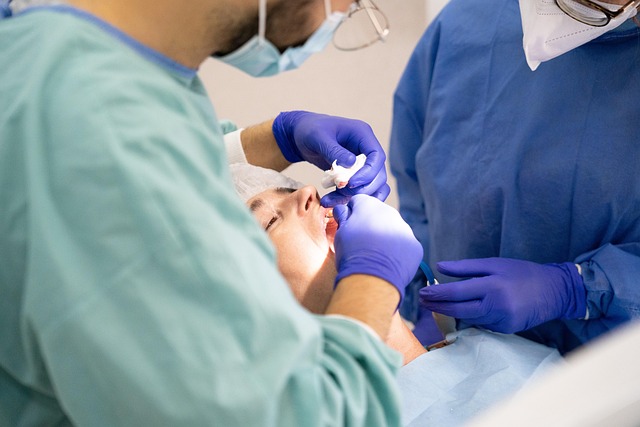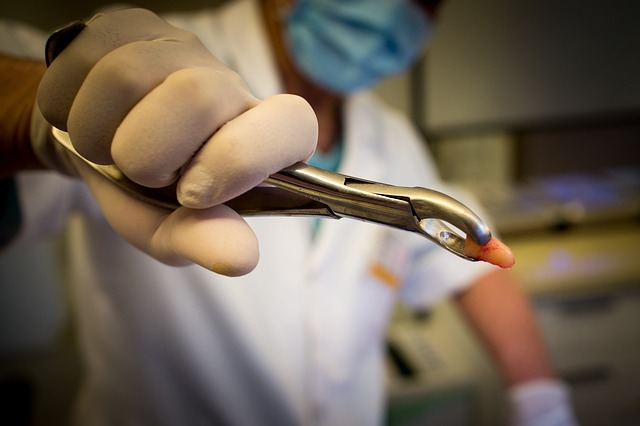Jaw correction surgeries, also known as orthognathic procedures, address severe misalignments caused by crowded wisdom teeth or other factors. These operations realign jawbones to improve chewing, alleviate pain, and restore facial balance. Wisdom teeth removal is often a key step, as impacted or overcrowded third molars can complicate corrections. Oral surgeons in Eugene, Oregon evaluate each case, using X-rays to guide safe removal decisions. Procedures involve precise incisions, bone realignment, and anesthesia for patient comfort. Post-surgery care includes managing swelling and pain, following surgeon instructions for healing, and regular check-ups. Choosing an experienced oral surgeon with a proven track record in orthognathic surgery is crucial for successful jaw correction, including wisdom teeth removal.
“Considering jaw correction surgery in Eugene, Oregon? This comprehensive guide explores your options. From understanding when and why jaw alignment is necessary to the crucial role oral surgery plays, we demystify the process. We delve into the relationship between wisdom teeth removal and jaw correction, what to expect during and after procedures, and how to find the right oral surgeon. Make informed decisions for a transformed smile.”
- Understanding Jaw Correction: When and Why It's Necessary
- The Role of Oral Surgery in Jaw Alignment
- Evaluating Wisdom Teeth Removal as Part of Jaw Correction
- What to Expect During and After Oral Surgery in Eugene, Oregon
- Finding the Right Oral Surgeon for Your Jaw Correction Journey
Understanding Jaw Correction: When and Why It's Necessary

Jaw correction surgeries are often sought to address issues related to jaw misalignment and the impact it has on overall facial structure. This may include cases where the upper and lower jaws don’t meet properly, resulting in an uneven bite or a misaligned face. One common reason for such misalignments is the presence of wisdom teeth, which can crowd other teeth, causing them to shift out of place.
In some instances, patients may experience pain, difficulty chewing, or even speech impediments due to jaw problems. Jaw correction surgery, also known as orthognathic surgery, offers a solution by realigning the jaws to restore proper function and create a more balanced facial appearance. This procedure is particularly necessary when non-surgical treatments like braces or retainers are ineffective in correcting severe jaw misalignments.
The Role of Oral Surgery in Jaw Alignment

Oral surgery plays a pivotal role in achieving proper jaw alignment, addressing issues that can arise from various factors such as congenital defects, trauma, or wisdom teeth impaction. In many cases, when non-surgical treatments like braces or splints fail to correct jaw discrepancies, oral and maxillofacial surgeons step in. These specialists employ advanced techniques to realign jaws, improve bite functions, and restore facial balance.
One common procedure involves the extraction of wisdom teeth, which can cause crowding and misalignment if left untreated. By surgically removing these teeth, surgeons create the necessary space for the remaining teeth to shift into their correct positions, thereby enhancing overall jaw alignment and dental health.
Evaluating Wisdom Teeth Removal as Part of Jaw Correction

Evaluating Wisdom Teeth Removal for Jaw Correction in Eugene, Oregon
When considering jaw correction surgery, patients often wonder if removing wisdom teeth is part of the process. In many cases, oral surgeons in Eugene, Oregon, recommend assessing the position and health of wisdom teeth to determine their impact on the overall correction procedure. Wisdom teeth, or third molars, can cause various issues such as impaction, inflammation, or overcrowding, which may require extraction to prevent complications during jaw correction surgeries like orthognathic procedures.
During the initial consultation, oral surgeons will thoroughly examine the mouth and take X-rays to assess the wisdom teeth’s position and the overall dental health. This evaluation helps in making informed decisions about wisdom teeth removal, ensuring that it is both safe and beneficial for the patient’s specific case of jaw correction.
What to Expect During and After Oral Surgery in Eugene, Oregon

During oral surgery for jaw correction or wisdom teeth removal in Eugene, Oregon, patients can expect a combination of precision and comfort. Modern dental techniques and advanced anesthetics ensure that procedures are as painless as possible. You’ll be sedated, typically through IV sedation or general anesthesia, to eliminate any discomfort or anxiety. The surgeon will then make incisions, carefully navigate the complex structures inside your mouth, and perform the necessary corrections. This might include realigning jawbones, extracting teeth like wisdom teeth, or inserting dental implants.
Post-surgery, it’s common to experience some swelling and mild pain, which can be managed with prescribed medications. Your oral surgeon will provide detailed care instructions to ensure proper healing. It’s crucial to follow these guidelines, including resting properly, maintaining a soft diet, and avoiding certain foods that might disrupt the healing process. Regular check-ups with your dentist or surgeon are also essential to monitor your recovery progress.
Finding the Right Oral Surgeon for Your Jaw Correction Journey

Choosing the right oral surgeon is a crucial step in your jaw correction journey, especially for procedures like wisdom teeth removal or more complex corrections. It’s essential to find someone with extensive experience and a proven track record in the specific area of concern. Look for surgeons who specialise in orthognathic surgery, as they are trained to address structural issues related to the jaw, ensuring both functionality and aesthetics.
When researching, consider recommendations from trusted sources, patient reviews, and the surgeon’s qualifications. A good oral surgeon will offer personalised treatment plans, clearly explaining procedures, potential risks, and recovery processes. They should also be up-to-date with modern techniques, providing options for minimal incision methods or faster healing alternatives, like wisdom teeth extraction to prevent future complications.






